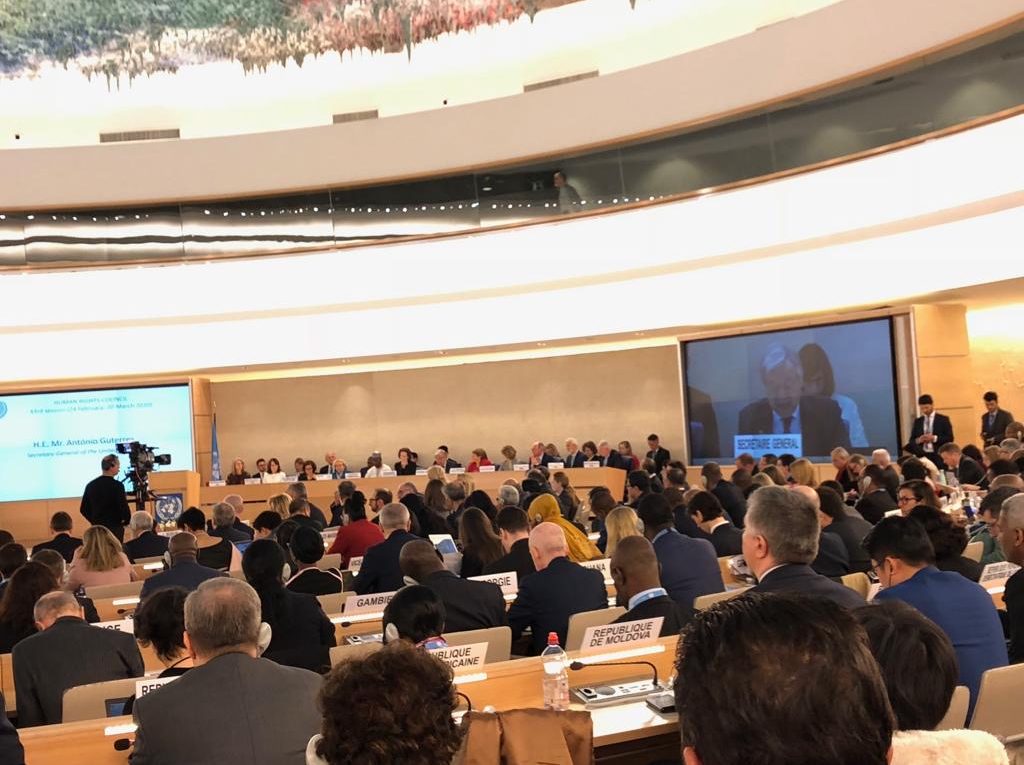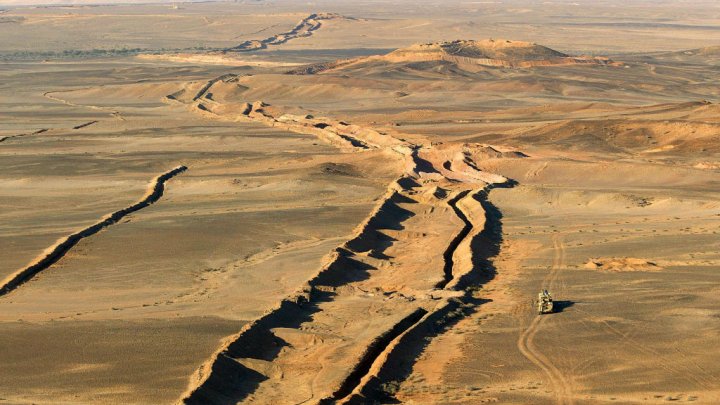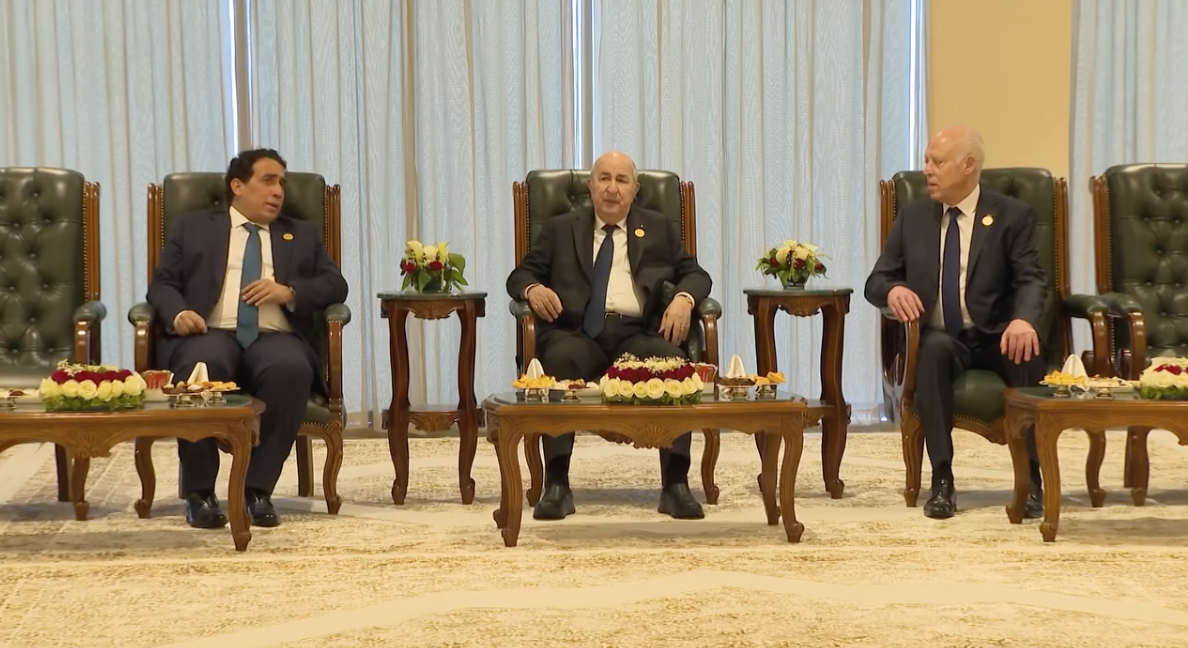Algeria was denounced again as the model of a state that evades its international duties and obligations, continues the confiscation of its citizens’ rights, smothers freedoms, ignores special procedures correspondences, and obstructs international agencies’ visits.
These damning remarks were made at a symposium held this Wednesday at the United Nations Human Rights Council in Geneva, on the sidelines of the 41st session of the Universal Periodic Review mechanism.
The event was organized by the International Observatory IOPDHR- GENEVA, in partnership with the international PDES-NGO (Promotion of Economic and Social Development) having a consultative status at the UNHRC, which presented the results of their joint report regarding the degree of compliance by the Algerian state with its international obligations under the Universal Periodic Review – the fourth cycle – in light of the recommendations made in May 2017.
Moderator of the symposium, Björn Holtin, Swedish political advisor and expert in African affairs, expressed the importance of this international event as an opportunity to dwell on what has been done about the human rights situation, especially in the North African region.
In this region, where democratic experiences vary from country to country, Algeria represents a model that has shirked its duties and obligations, due to numerous pending cases and unanswered special procedures correspondences, as well as suspended or obstructed international visits, he said.
For his part, Mr. Oualid Kebir, an Algerian political and human rights activist and president of the Maghreb Association for Peace, Cooperation and Development, addressed the challenges posed to the right to freedom of opinion and expression in Algeria by opening the burning file of demonstrators and activists of the movement, as well as the alarming resurgence of violations in the public and civil space. He argued that this situation that can only be described as dangerous, especially after the Algerian military regime added several amendments to the laws to legitimize abuses against human rights defenders, activists and journalists.
The Algerian regime has gone further, as Oualid KEBIR asserts, by expanding the definition of the crime of terrorism, regardless of the state’s obligations under international law, to harass human rights activists and bloggers and prosecute them on various charges such as incitement to assembly, intelligence with a foreign country, or contempt of state institutions.
Another participants, Hans Noot, Dutch expert in organizational behavior and organizational anthropology and member of the board of Human Rights without Borders in Brussels, focused his presentation on the situation in the Tindouf camps that he described as “abnormal”.
The Tindouf camps represent an exception in which the population is deprived of censuses, protection reports and refugee cards, a situation that deviates from the rules of international law and the standards of the 1951 Geneva Convention on Refugees.
At the end of the symposium, the president of the Geneva International Observatory for Human Rights, presented the two NGOs’ joint report on the universal periodic review of Algeria, outlining observations and recommendations on the progress made by the state in implementing the recommendations of the report of the Working Group on the Universal Periodic Review, namely the recommendations on the acceptance of international standards and cooperation with the special procedures and international human rights organizations. These recommendations include freedom of assembly, freedom of expression and association, extrajudicial execution and implementation of economic rights, protection of children from exploitation, asylum conditions and the rule of law.



